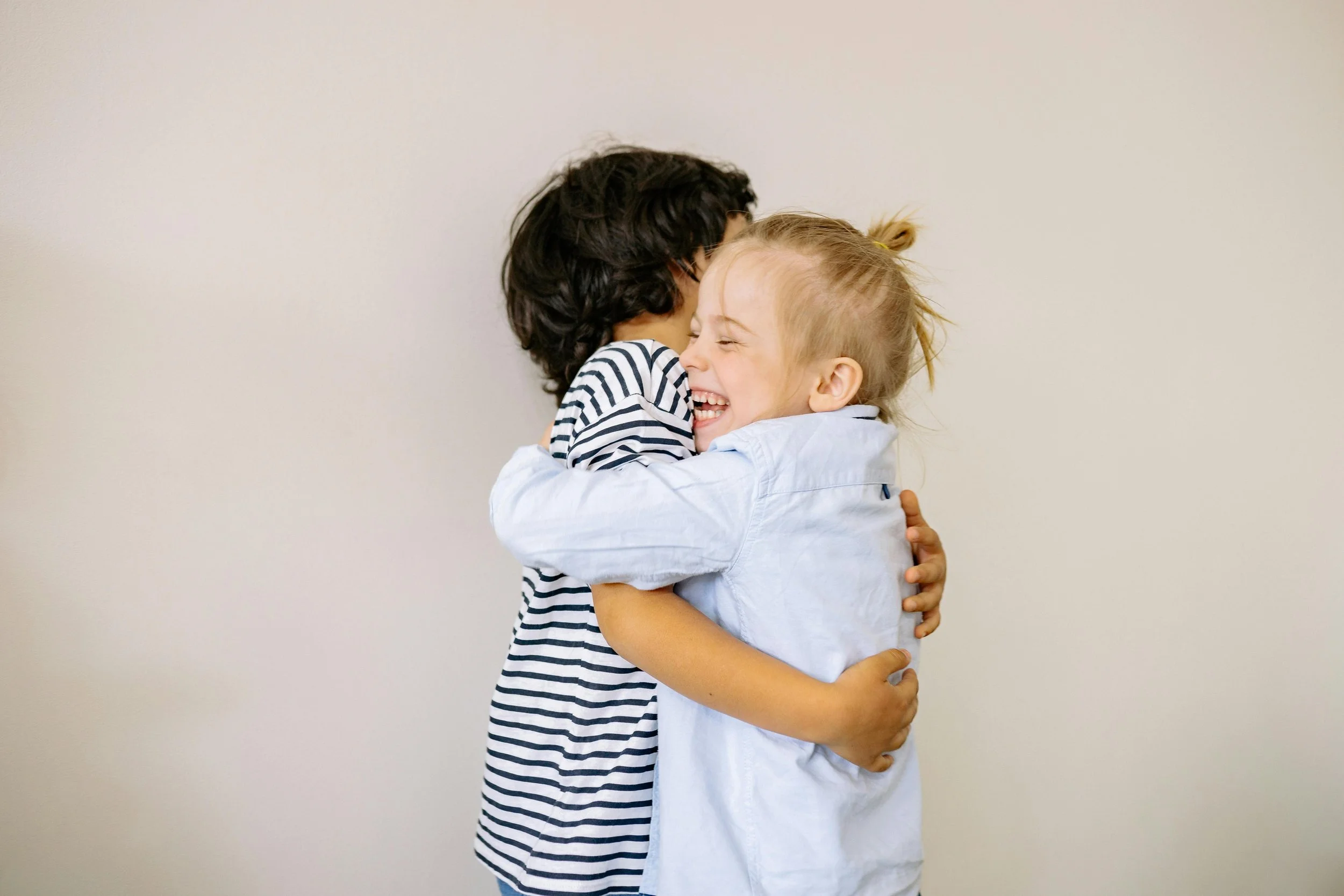Learning more. Feeling seen
Growing Goodness: Why empathy is not extra
In 2026, Walden International School turns ten. That simple sentence fills me with joy and a deep sense of purpose. When I opened our doors a decade ago, I wasn’t trying to build a bigger or “better” school. I was trying to make a kinder one.
During my thirty years as an educator, I learned a lot about what young people need to grow. I also saw what happens when those needs are ignored. In one of the largest public school boards in Canada, I watched as provincial test scores and graduation rates took center stage. Over time, it felt like the system cared more about numbers than about children. With the rise of the internet and social media, pressures grew, and the gap between doing things right and doing what’s right became too big to ignore.
So I chose a different path. I founded Walden to be a caring place that fosters curiosity, encourages self-expression, celebrates diversity, and truly values inclusivity. Our promise was simple: at Walden, from goodness arises greatness. We would make good people—and trust that the grades, the skills, and the confidence would follow.
Almost ten years later, that promise guides us every day. When you walk into our school, you feel it. You see it in the way our Early Years students greet each other in the morning circle. You see it when a Grade 3 student kneels to tie the shoe of a new classmate. You see it when older students read with younger buddies and learn to listen with care. These are small moments, but they shape strong hearts.
Why do we put so much focus on empathy? Because it is the root of authentic leadership and a full life. Forbes magazine summed this up well in an article about psychologist Daniel Goleman, who helped popularize the idea of emotional intelligence. As the article explains, Goleman identifies five key parts of emotional intelligence: self-awareness, self-regulation, motivation, empathy, and social skills. People who build these strengths are better at managing their own feelings and understanding the feelings, which helps them lead more effectively.
Empathy is not extra; it’s the engine of learning—and it starts in the Early Years.
Some may hear this and think, “But my child is only six. Do they really need leadership skills?” My answer is yes—because leadership begins with how we treat each other at home and at school. You don’t wait until high school to learn empathy. You grow it early, like a muscle. Toddlers who learn to name their feelings, take a breath when they are upset, and check on a friend who is sad are already practicing the same skills that adults use to guide teams and build healthy communities.
Here is how we build those skills at Walden, from the Early Years onward:
- We teach children to notice and name their emotions. A child who can say, “I feel frustrated,” is already on the path to self-awareness and self-regulation.
- We practice empathy daily. Students learn to listen, repeat what they heard, and ask questions with care. This simple routine changes how children solve problems—together.
- We make time for reflection. In age-appropriate ways, children think about their choices, their impact, and what they might try next time.
- We connect learning to real life. Whether planting a garden, exploring a local stream, or writing letters to elders, students see how their actions matter.
- We celebrate every voice. Through art, drama, and inquiry in our IB programme, students share their ideas and learn that difference makes us stronger.
Parents often tell me they chose Walden because their child is known here. That is the heart of our approach. We recognize each child as an individual with their own needs, interests, talents, and abilities. We hold high expectations, and we meet students with warmth. We teach that marks and milestones matter, but they are not the whole story. Kindness, respect, and presence give learning its purpose.
Has this focus on empathy and wellness helped our students succeed? Yes. Over the past 10 years, we have seen children grow into resilient, curious, and confident people. They handle challenges with grace. They advocate for themselves and others. They work well with teammates. They speak up when something is unfair. They take pride in their work and know how to rest, reset, and try again. These are the hallmarks of lifelong success.
The world our children are growing up in is fast and noisy. News cycles are intense. Social media adds pressure. It can be tempting to think the answer is to push harder on academics alone. But I have learned that when we build empathy, academics get stronger too. Students feel safe to ask questions, make mistakes, and think deeply. They learn more because they feel seen.
As we approach Walden’s 10th anniversary, I am grateful for every family that has walked through our doors and joined us in this work. Thank you for trusting us with your most precious people. Thank you for believing that goodness is not soft—it is strong. It is the steady force that helps children become principled, compassionate, and globally responsible citizens.
In our next decade, our commitment remains the same. We will continue to build an educational ecosystem where children can flourish. We will keep nurturing students through learning experiences that embrace compassion and empathy. And we will keep reminding our community—students, staff, and families—that from goodness arises greatness.
If you are new to Walden, I invite you to visit. Step into a classroom where curiosity meets character. You will feel what makes this place special: a community dedicated to making good people—and, in doing so, preparing them to do great things.


